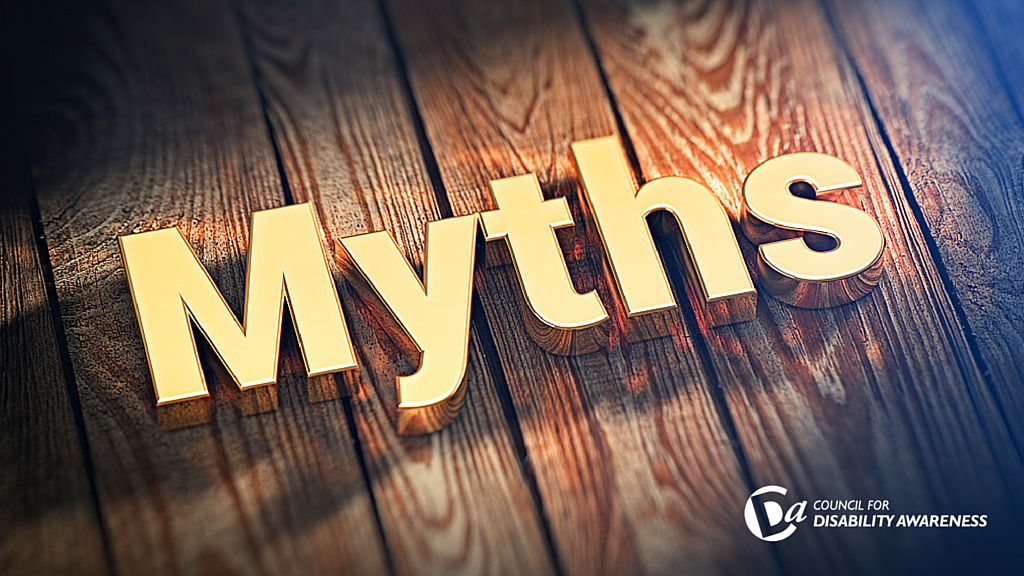
Who Should Consider Disability Insurance?
The reality is that nearly everyone should. Your ability to earn a living is a crucial asset that supports you and your loved ones. But what if an unexpected illness or injury puts your income at risk?
Understanding Disability Insurance
Disability insurance acts as a financial safety net, ensuring that you and your family are safeguarded if you cannot work due to a qualifying condition. This support enables you to focus on recovery without the additional burden of financial stress.
Disability benefits can partially replace a portion of your monthly income if you suffer from a qualifying disabling illness or injury. Unlike health insurance, disability insurance benefits are paid directly to you. Whether you need them for medical bills or daily expenses, you can use your benefits as you see fit.
How the Process Works:
- You face an unexpected, covered injury or illness.
- A doctor confirms your condition.
- You receive monthly benefits directly to you, which you can use as needed. (Note: Timing for benefits begins after the elimination or waiting period for your specific policy.)
- Take time to recover with less financial stress.
Why is Disability Insurance Essential?
Many people underestimate their need for disability insurance, but the truth is that anyone can face disabling circumstances at any time, regardless of their health or lifestyle.
According to the Social Security Administration (SSA), more than one in four of today’s 20-year-olds will become disabled before reaching age 67. With many American workers living paycheck to paycheck, a disabling injury or illness could become very costly very quickly.
SSA benefits alone often aren’t enough to cover a person’s living expenses. The average disabled worker benefit only pays about $1,537 per month, which is barely enough to stay above the poverty line.
While all of this may be alarming, it’s important to be prepared and know your options should you become disabled, even temporarily. Disability benefits may provide financial relief so you can heal and recover without the added stress of lost wages.
What Conditions Are Considered Disabling?
Disabilities can result from a range of physical and mental health challenges that significantly impair your ability to work for an extended period. The Social Security Administration (SSA) recognizes 14 categories of qualifying conditions, with at least 5% of working Americans reporting experiences with these issues:
- Musculoskeletal Disorders – This includes issues such as back pain, arthritis, and joint problems, which are quite common.
- Mental Disorders – Conditions like anxiety and depression are common among working populations.
- Respiratory Disorders – Asthma and chronic obstructive pulmonary disease (COPD) are examples that significantly affect many individuals.
- Cardiovascular System Disorders – Heart disease and related conditions are prevalent among adults.
- Neurological Disorders – Conditions such as migraines and epilepsy can impact many individuals.
- Cancer (Malignant Neoplastic Diseases) – Although not as common as other conditions, some types of cancer impact a significant portion of the population.
Visit the SSA website for a complete list and details on qualifying conditions.
Exploring Your Disability Insurance Options
Disability insurance comes in two primary forms: short-term and long-term. Each differs in waiting periods and coverage durations, both aiming to safeguard your income during your inability to work.
Short-term disability insurance offers temporary protection, covering your income for a few weeks to a maximum of one year, with a quick onset of benefits.
Long-term disability insurance, however, offers extended coverage that can last for several years or until retirement age, depending on your plan.
The Bottom Line: Protect Your Income
Though it can be uncomfortable to consider the possibility of becoming disabled, recognizing this risk is essential. Including disability insurance in your financial wellness strategy offers crucial protection for anyone reliant on a paycheck.















